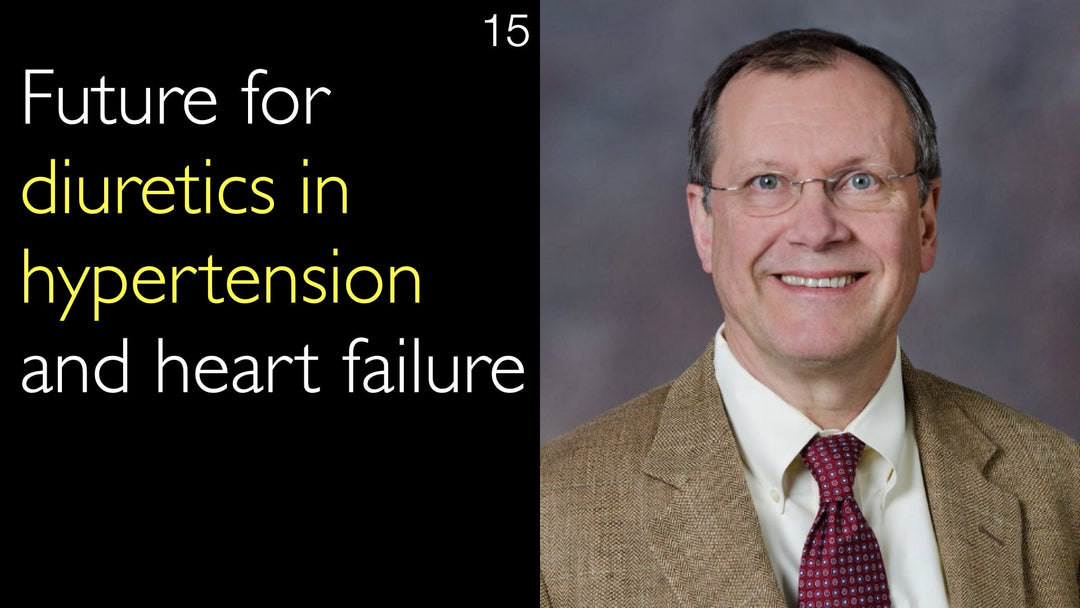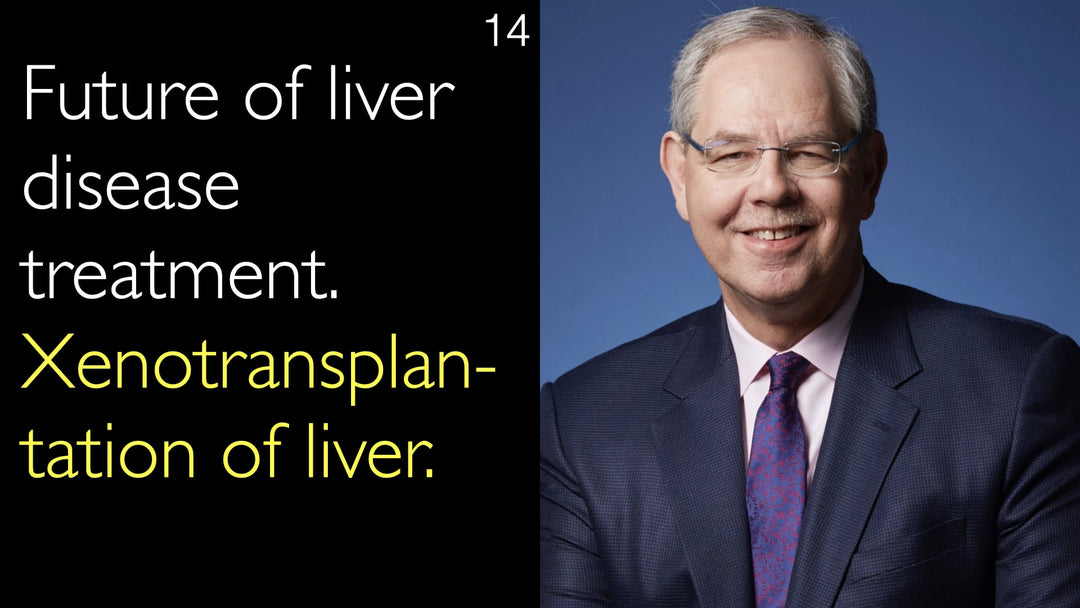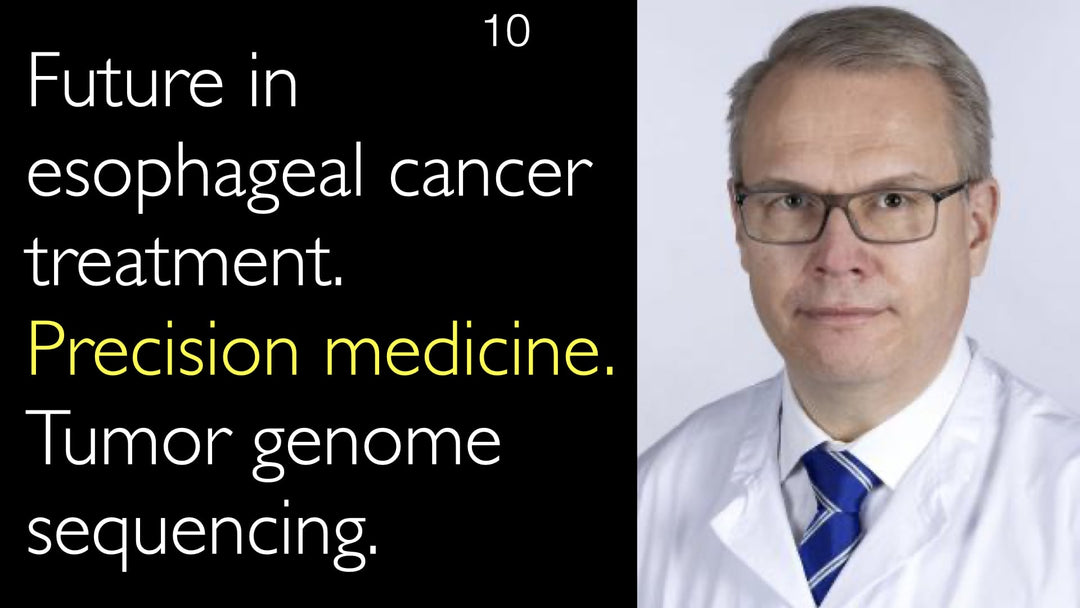Leading expert in aging biology, Dr. Steven Austad, MD, PhD, explains the future of anti-aging research. He details promising new directions beyond current drugs like Metformin and rapamycin. Dr. Steven Austad, MD, highlights the potential of senolytic drugs and young blood transfusions. He also discusses the exciting field of cellular reprogramming. Dr. Austad predicts major breakthroughs in the next five to ten years.
Emerging Frontiers in Anti-Aging Research and Longevity Science
Jump To Section
- Beyond Current Anti-Aging Drugs
- Senolytic Drugs Target Senescent Cells
- Young Blood Transfusions Rejuvenation
- Cellular Reprogramming Possibilities
- Future Breakthroughs Aging Research
- Full Transcript
Beyond Current Anti-Aging Drugs
Dr. Steven Austad, MD, PhD, believes the future of anti-aging research will move beyond current compounds. He states that while drugs like rapamycin and Metformin are known, they are not perfect. Dr. Steven Austad, MD, explains that rapamycin is a "dirty target" affecting some unintended cellular processes. He anticipates the development of more refined and better versions of these existing medications. This evolution in pharmacology is a key near-future direction for the field.
Senolytic Drugs Target Senescent Cells
A major new class of anti-aging therapeutics is senolytic drugs. Dr. Steven Austad, MD, PhD, describes these as fascinating new compounds. Their primary mechanism involves selectively killing senescent cells. Senescent cells are aged, dysfunctional cells that accumulate with age and contribute to inflammation and tissue decline. Eliminating these "zombie cells" is a powerful strategy to promote healthspan. Dr. Anton Titov, MD, discusses this approach with Dr. Austad as a significant advancement.
Young Blood Transfusions Rejuvenation
Research into young blood transfusions represents a revolutionary frontier. Dr. Steven Austad, MD, PhD, cites extensive mouse work showing rejuvenating properties. Infusing young blood into old animals has demonstrated remarkable anti-aging effects. The exact mechanisms behind this rejuvenation are not yet fully understood. Dr. Austad speculates that the key may be identifying specific rejuvenating chemicals within young blood. The ultimate goal could be developing a pill that mimics these effects, eliminating the need for transfusions.
Cellular Reprogramming Possibilities
Cellular reprogramming offers another box of possibilities for anti-aging. Scientists can now take an adult cell and revert it to an embryonic stem cell state. This is achieved by activating a specific set of genes. Dr. Steven Austad, MD, PhD, suggests the future lies in partial reactivation of these genes. This partial reprogramming could rejuvenate cells without causing them to lose their identity. This technology could provide a powerful method to reverse cellular aging throughout the body.
Future Breakthroughs Aging Research
The most exciting developments may be those not yet on our radar. Dr. Steven Austad, MD, PhD, emphasizes the current avalanche of aging research. This massive scientific effort is likely to yield completely unexpected discoveries. He hopes the conversation will not be the same in five to ten years, indicating rapid progress. Dr. Anton Titov, MD, and Dr. Austad agree this is an incredibly exciting time for the field. The next decade promises to fundamentally change our approach to aging and longevity.
Full Transcript
Dr. Anton Titov, MD: Professor Austad, what is the future in anti-aging research? What are the most promising directions you see with your decades of experience? What will we be talking about in the next five to 10 years? Will it be the same—Metformin, rapamycin, caloric restriction? Or would some entirely new directions appear and become very promising?
Dr. Steven Austad, MD: I hope we're not talking about the same thing in five to 10 years because that means the science really will have slowed down. I think there are lots of promising things. First of all, I think we know what rapamycin does. We know what it does inside the cell. But it's a kind of a dirty target. Rapamycin targets some things that we would rather it didn't.
We will come up with more and better versions of those drugs, more and better versions of Metformin, more and better versions of rapamycin. But there's also a whole new series of advances.
The senolytics are the new drugs that seem to kill these senescent cells. There's fascinating stuff with blood exchanges. We know from a lot of mouse work now that there are some rejuvenating properties of putting young blood in old animals. And we don't know exactly how that works or what's at the basis of it.
But I expect that we're going to figure that out. It may be that how people stay young is that they get an occasional infusion of some chemical. Probably, we could even figure out how to make a pill. So that sort of young blood work, I think, is going to open up a whole new box of possibilities.
The other thing that's going to open up a box of possibilities is reprogramming our cells. We know how to take an adult cell and turn it back into basically an embryonic stem cell. It is done by activating certain genes.
There are going to be ways to partially activate or reactivate those genes that may be rejuvenating, as some of the young blood stuff. I think these are a couple of the things that will develop substantially in the next five to 10 years.
But my guess is it will be things that are not even on our radar yet that are going to come out of the avalanche of aging research that is starting to be done.
Dr. Anton Titov, MD: Professor Austad, that is an exciting direction with many intriguing possibilities.







